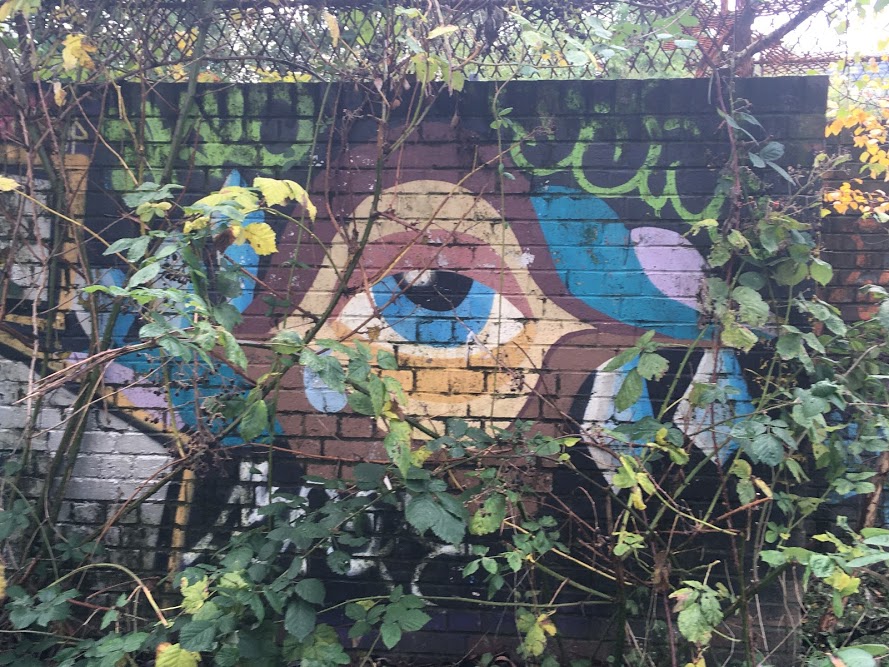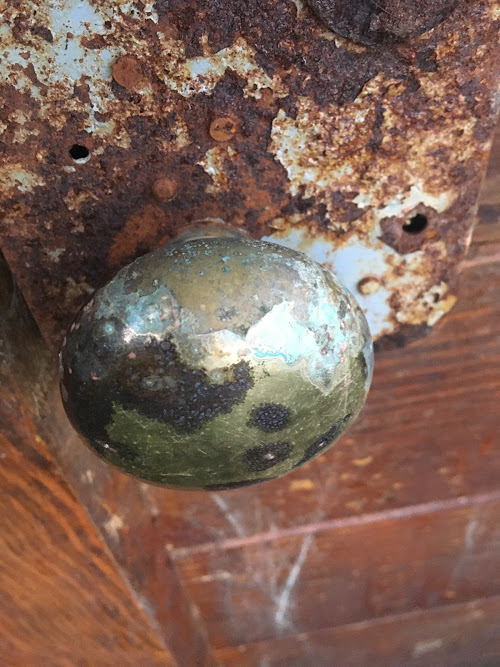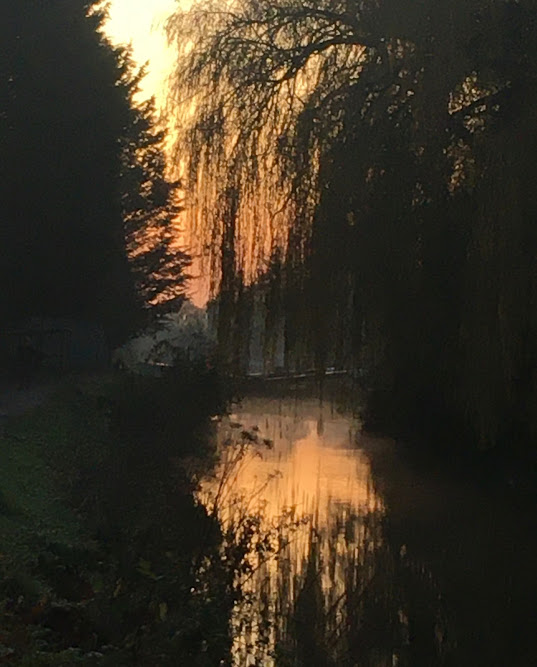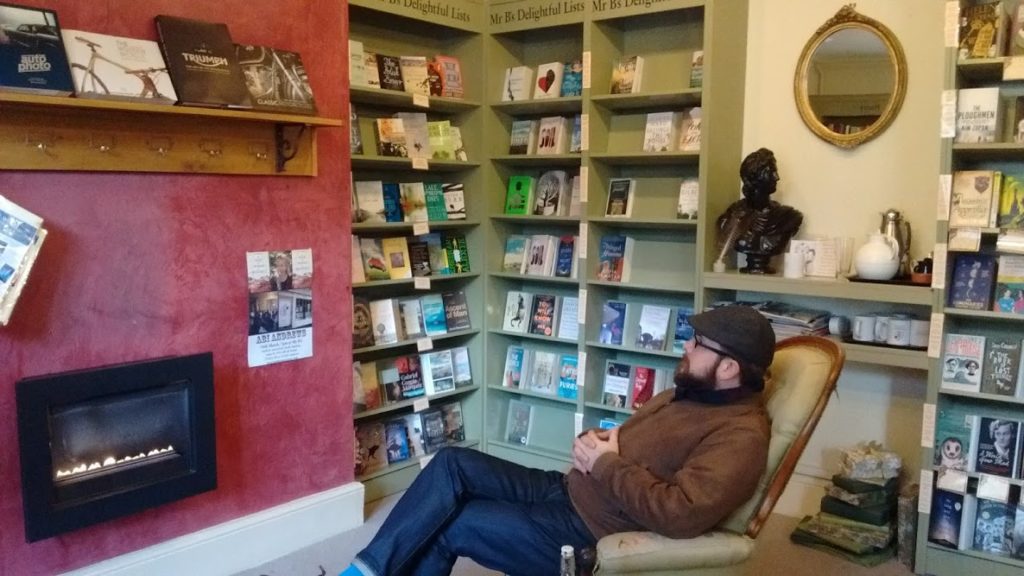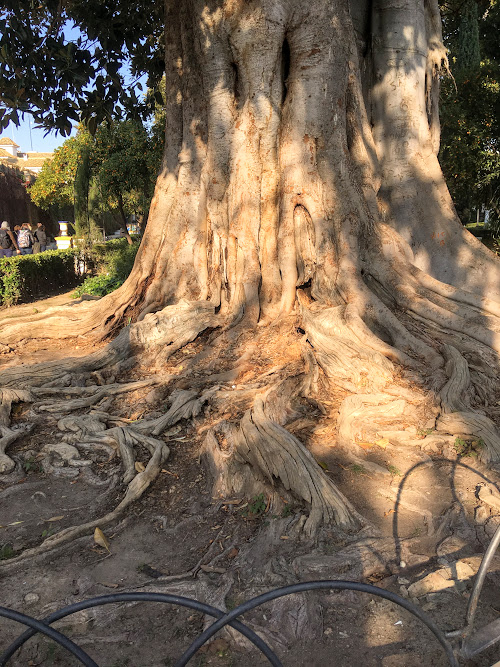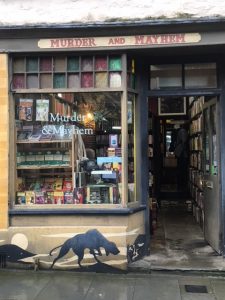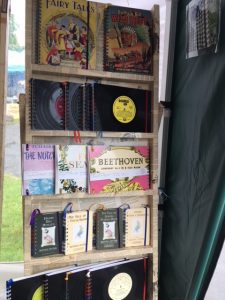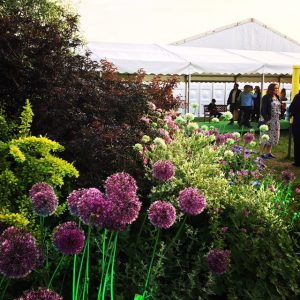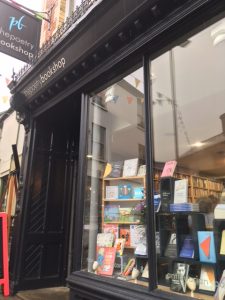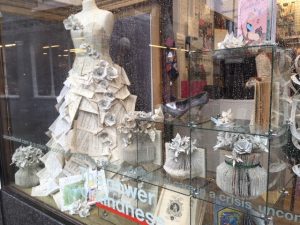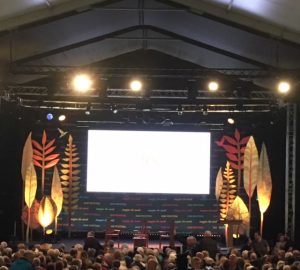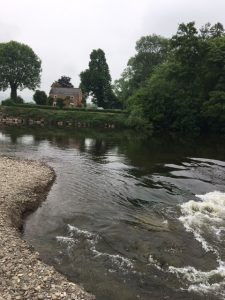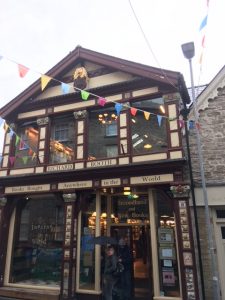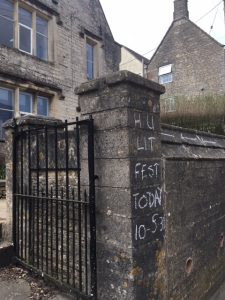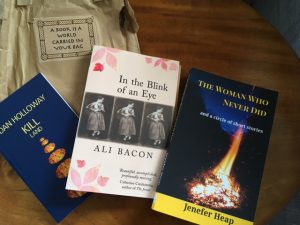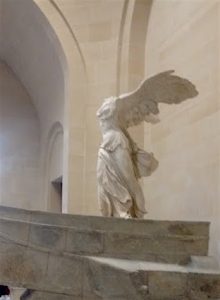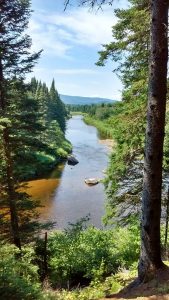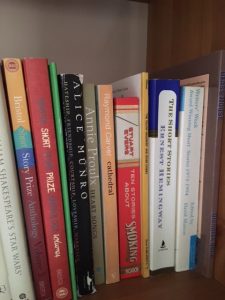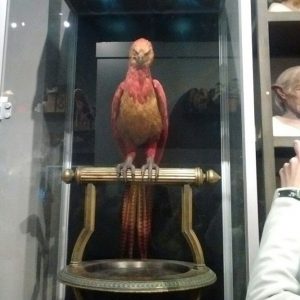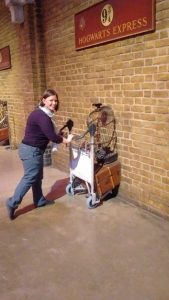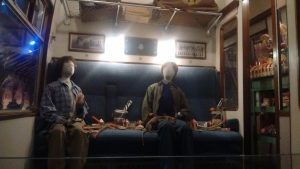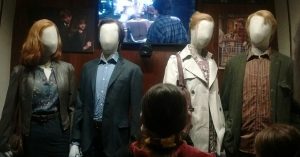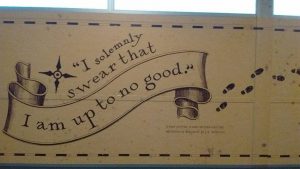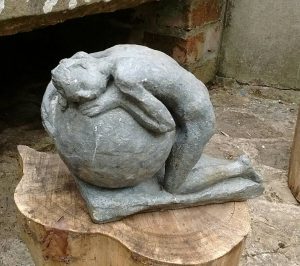I’m late with this roundup, on account of doing proper authorly things such as slicing 80,000 words out of a novel. As I transition to inventing new short stories, though, I’m looking back on various places I was privileged to visit, the street art found and historical moments memorialised. So much fuel for the imagination, gathered in just a year.
7: Vaxjo, Sweden
I know–what the where? Pronounced something like “veck-ya,” this is a small, eco-friendly lakeside city in southern Sweden. My son participated in a gaming event there, while my husband and I visited museums, a very old church, and sculpture trails. And rediscovered chokladbollar. There’s a special pride in discovering someplace unknown to most people.
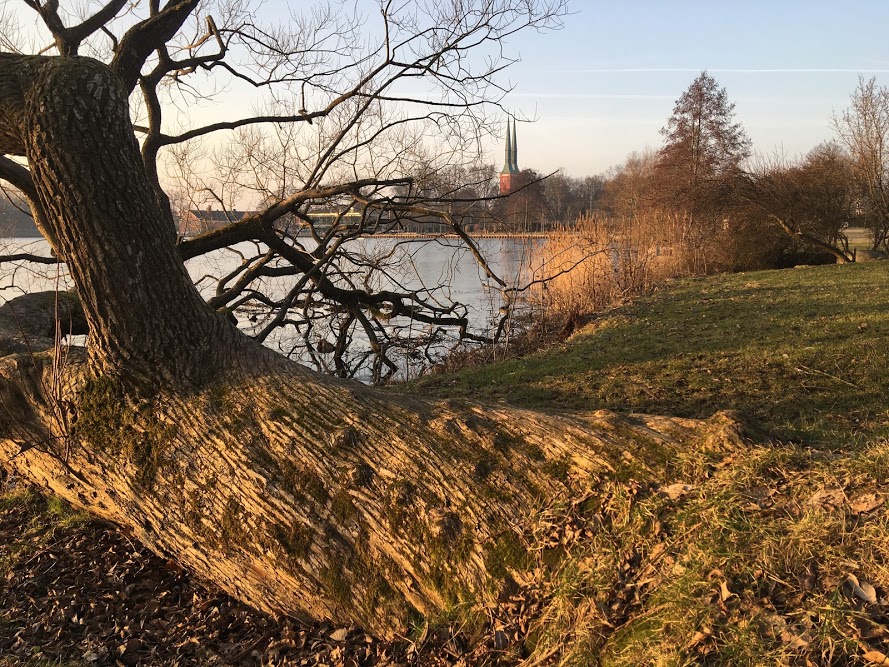
Vaxjo lake with cathedral view 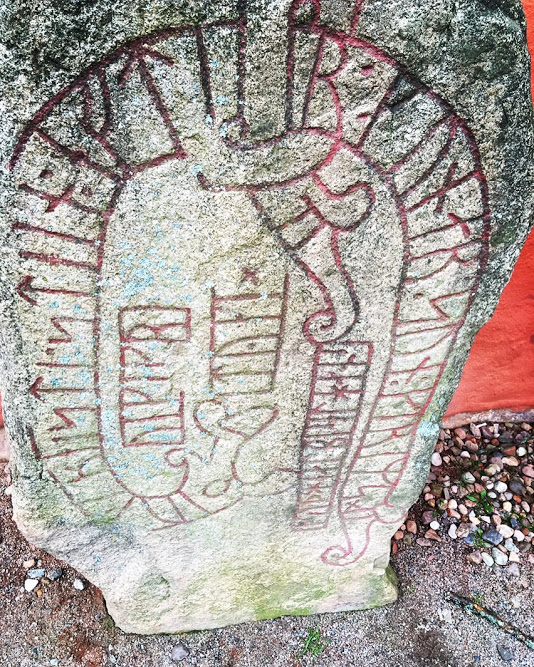
“Ancient Runes, now THERE’S a fascinating subject.” 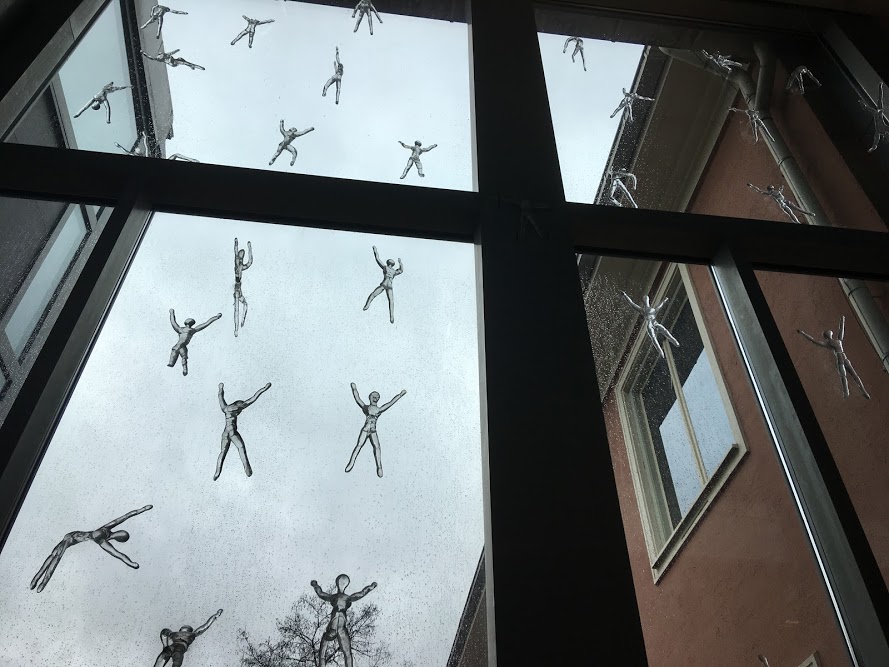
Window at the Swedish Glass Museum, Vaxjo
6: Bristol
It makes the list every year, because I find more. This isn’t just due to the city’s size incorporating former towns around it, it’s also because of the constantly blooming arts scene, on street and off. This year I explored more in the Southville and Eastville areas (shoutout to the Writers HQ retreat located at the latter), and revisited Clifton.
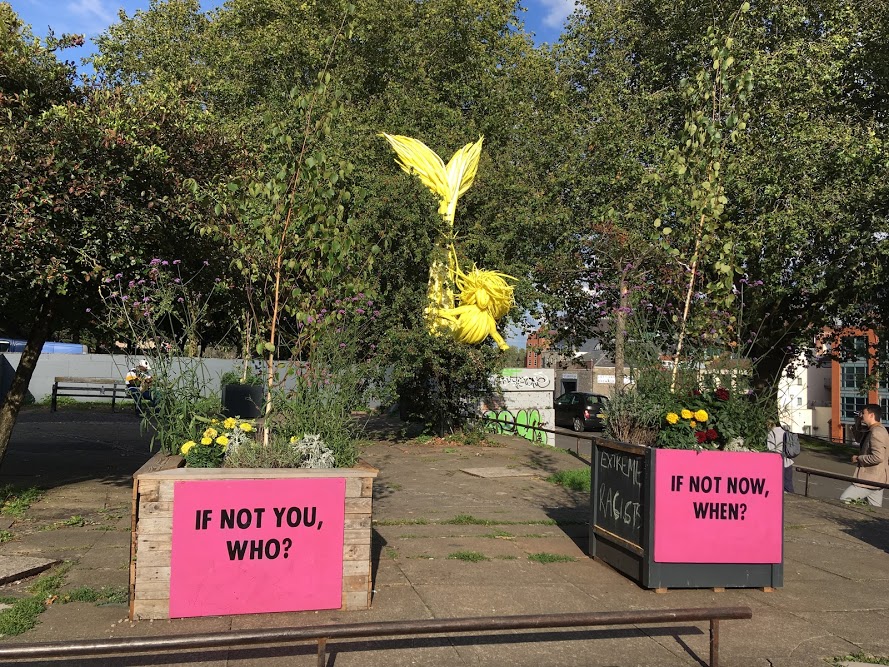
Public allotment boxes and a mermaid in the city centre 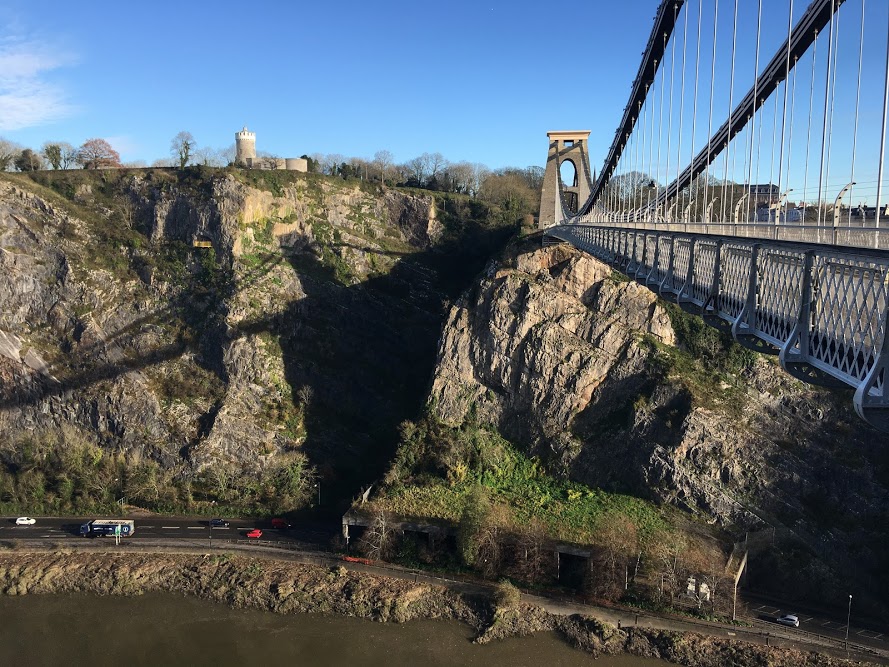
Clifton Suspension Bridge over the Avon 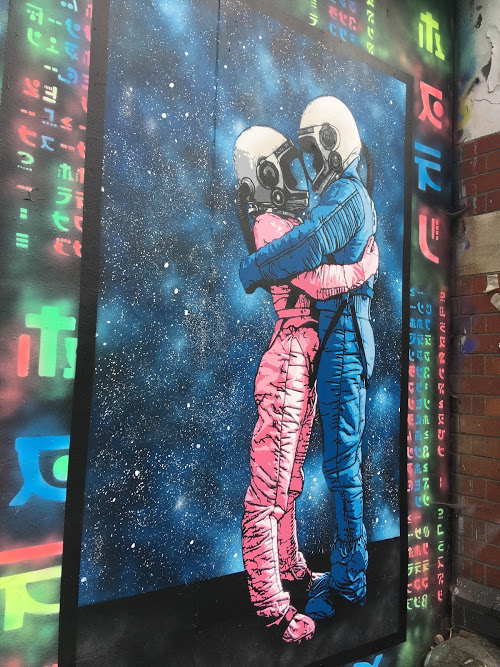
Astronaut mural, Southville
5: Matara Centre, Cotswolds
We attended an Open Gardens day before many plantings came up, but this was still a fascinating walk. Different patches foster tranquility while saluting traditions from different parts of the world. It was like visiting lots of places at once.
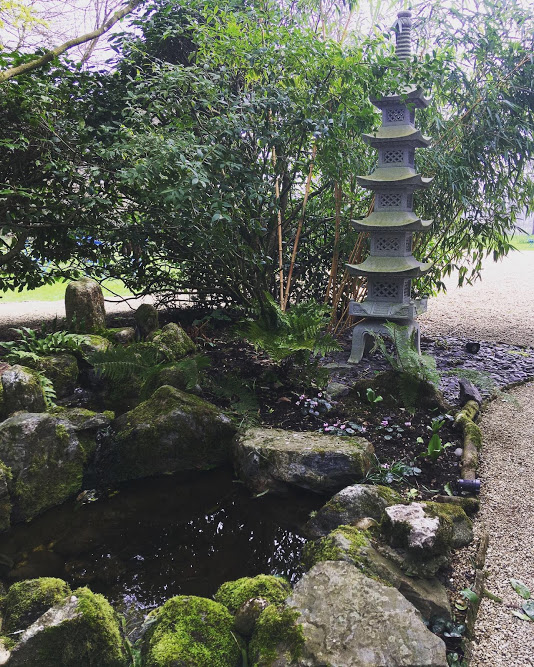
Japanese pond 
Field sculpture 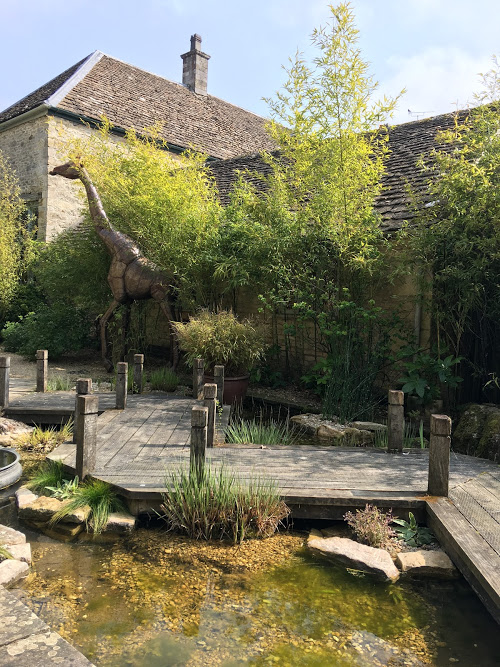
Matara courtyard
4: Cascade Trail, White Mountains, New Hampshire
Bonus points for thunderstorming on us while we hiked. We ascended the waterfall trail and had a good splash, loving the views without realising we hadn’t even hit the biggest cascades yet. I say, DO go chasing waterfalls—especially in your first drafts! (Then dry off a bit during edits.)
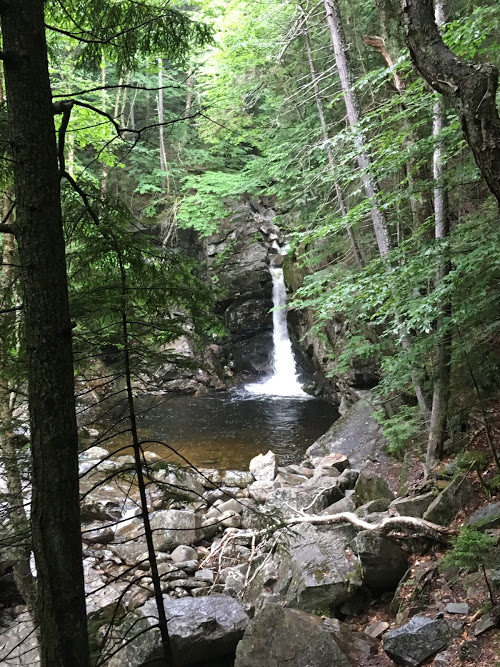
Kinsman Falls 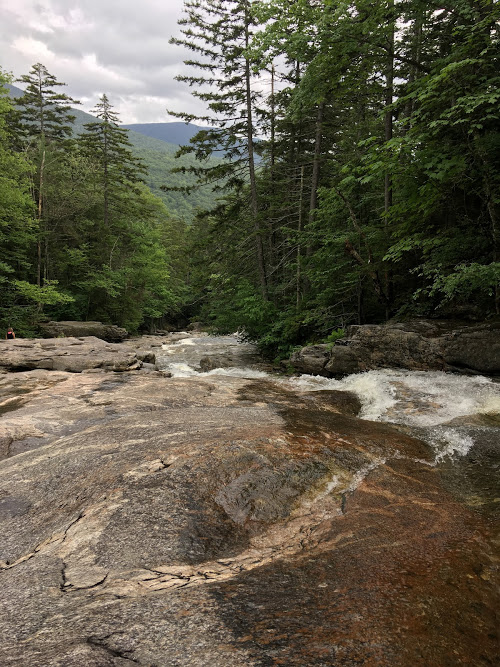
White Mountain views 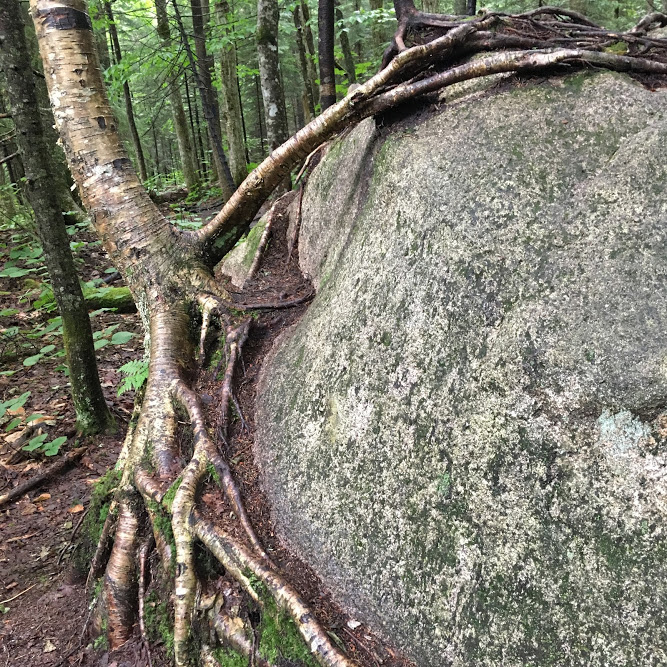
Embracing roots
3: Sorrento, Italy
Sorrento is a small but busy city an hour south of Naples, along the gorgeous, rugged coast. It’s got mountain views (including Vesuvius), olive groves up the slopes and citrus trees along the streets, lovely old stradones and domos, and of course, fantastic food. Just don’t overwork yourself beforehand then visit with slightly watered down flu.
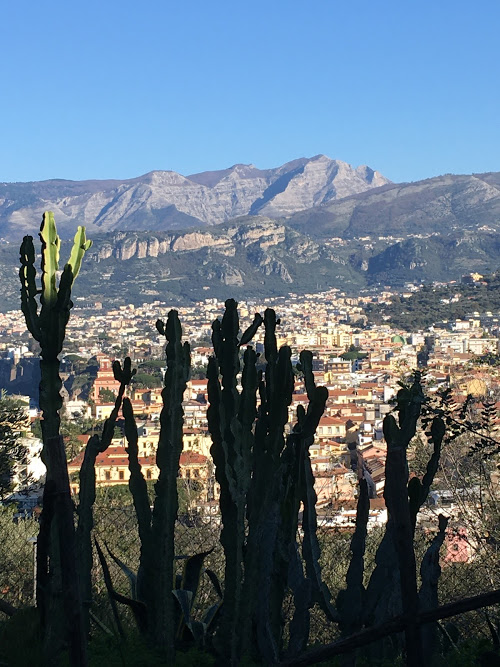
Sorrento mountain views 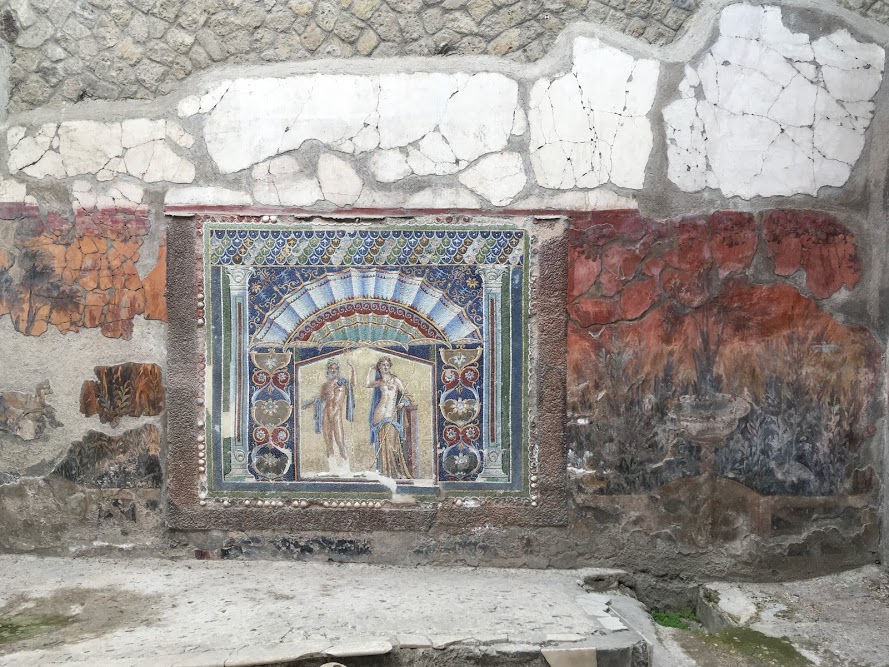
Ruins at Herculaneum, under Vesuvius 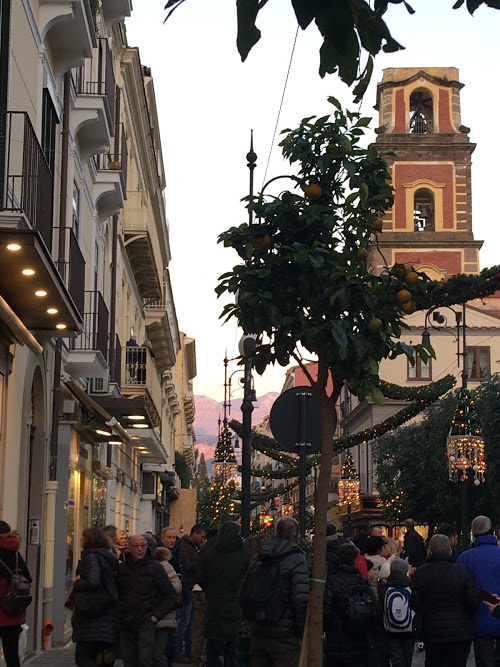
Sorrento centre at Christmas time
2: Jurassic Coast, Dorset, UK
Fossils and waves. There had been recent landslides from the massive coastal cliffs, so I could scurry to the rockfall and grab a promising sample without chiseling. Even a fist-sized chunk of this coast is packed with fossilised sea creatures, and you can imagine the waves carrying in more surprises.
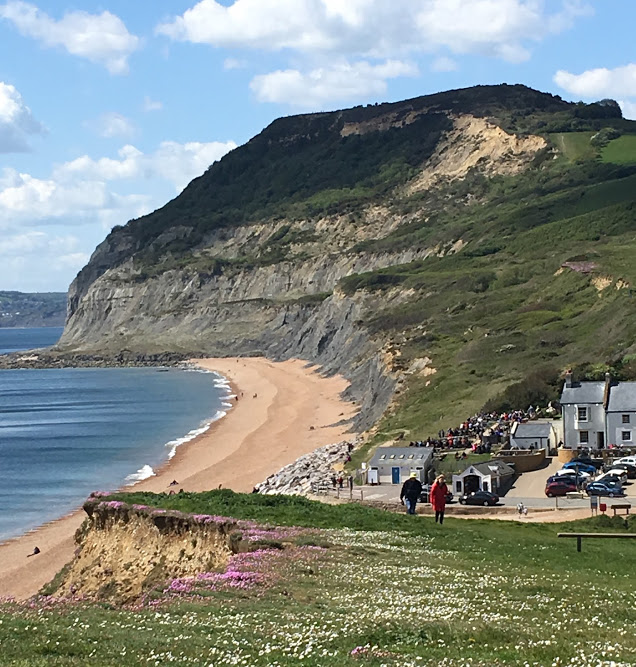
The Golden Cap 
Coastal cottage 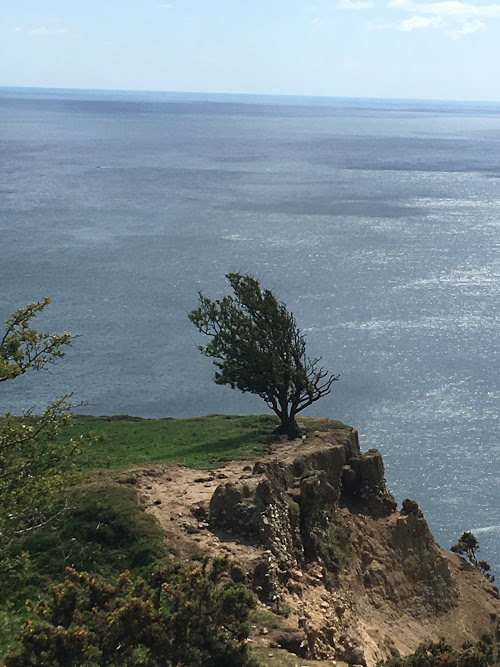
Windswept on the landslide’s front lines
1: Glasgow, Scotland
With bagpipes ringing in our ears, we took in landmark buildings such as the cathedral and the Lighthouse (actually an architecture museum). There’s also a tenement house museum I’d love to see, to reflect on how so many people lived, and I could spend a whole day at the Necropolis and come up with probably half a dozen different stories.
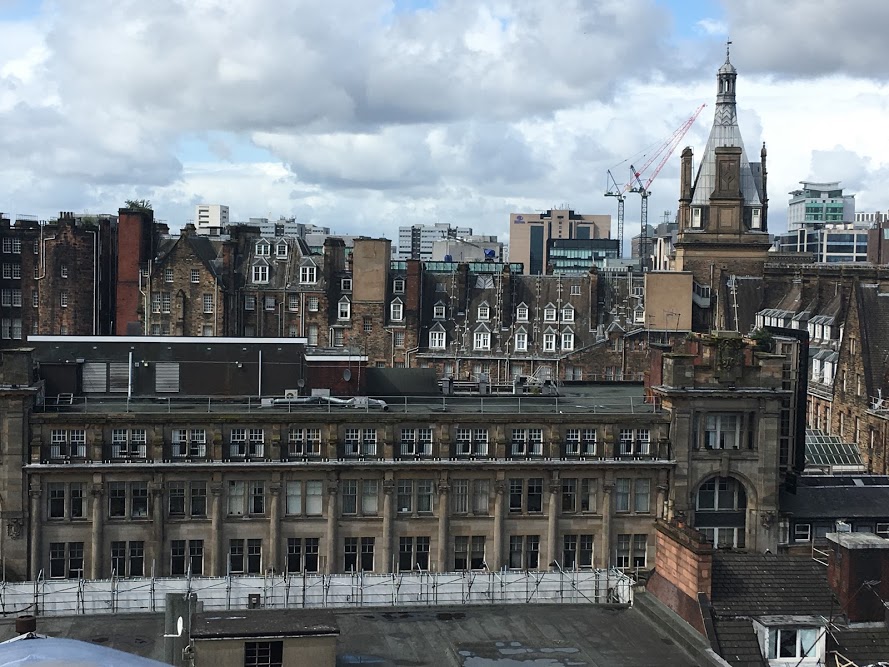
Lighthouse view: hundreds of windows and stories 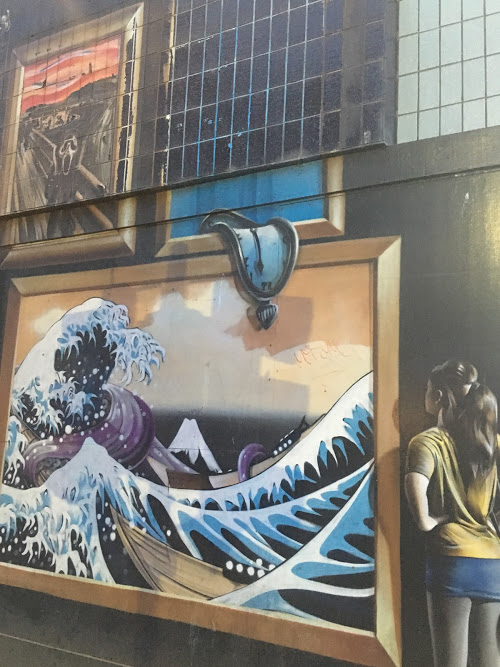
Everything is painted 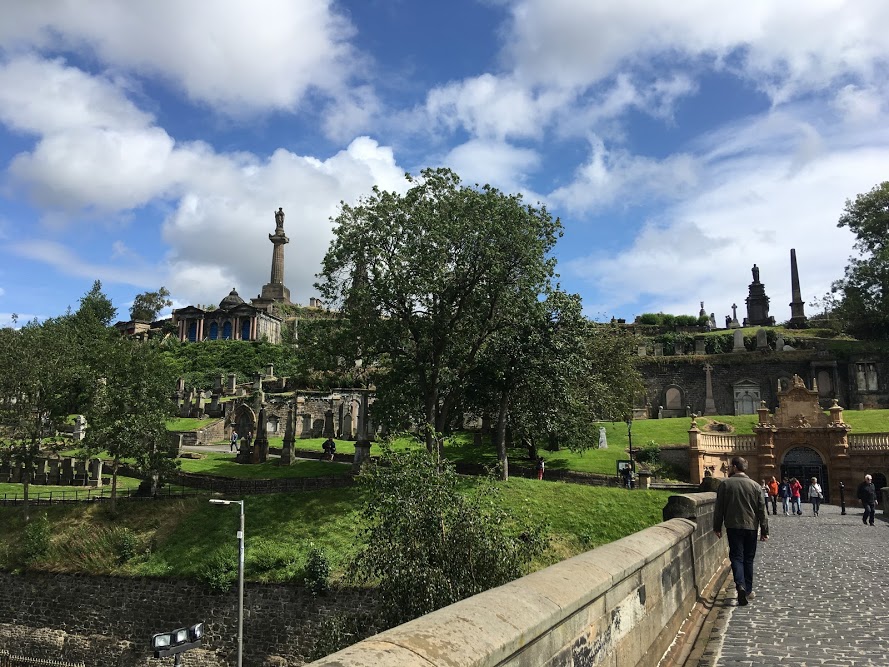
Bridge of Sighs to the Necropolis
What inspiring adventures have you had in the last year?
